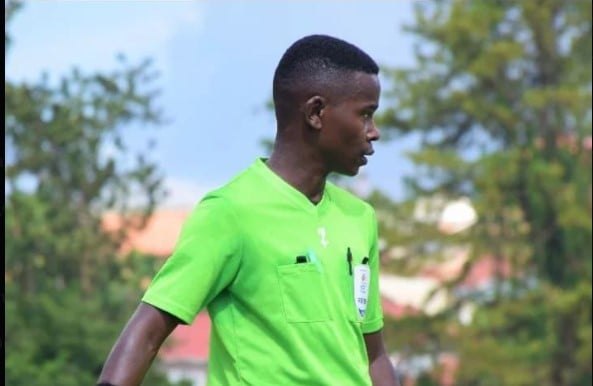Prime
Youth play crucial role in promoting nation’s democracy

Isabella Bwiire
What you need to know:
- Ms Isabella Bwiire says young people have different, and largely untapped, skill sets.
The Uganda National Youth Policy 2016 defines youth as any individual between 18 and 35 years of age. Equally, many of Uganda’s different youth development programmes follow the same categorisation.
Youth constitutes a significant proportion of the total population (22.5 per cent). The youth population was estimated to grow from about 3.7 million in 1991 to 7.7 million in 2014, out of which 53.4 per cent are female and 46.6 per cent are male.
Narrowing it down to the February 2016 General Election held in Uganda, young people in Uganda’s political landscape represent the largest demographic unit and political constituency, therefore, effective participation of youth in the electoral process, is critical to democratic developments both in Uganda and generally around the globe.
A more proactive approach to integrate young persons within their own organisational structures in electoral processes is identified as a key aspect as we prepare for the 2021 General Election.
Young people have different, and largely untapped, skill sets. In particular, they are more tech-savvy than their older counterparts.
At the same time, the Independent Electoral Commission is increasingly resorting to technology both in their daily work and management of election operations such as voter registration, result transition and management, etc.
Young people who grew up in the Internet, email and social media as part of their daily life and working routine may hence bring added value to the work of the Independent Electoral Commission; henceforth, the Institution should also consider mainstreaming and targeting youth in their human resources policies as well as recruitment ahead of 2021 General Election.
In preparation for the 2021 General Election, it is important to note that youth issues have become political issues.
Every year on Youth Day, we hear of the crisis of education and unemployment. But as politicians use the “youth” to further their campaigns to be elected, they fail to acknowledge many of the struggles young Ugandans face.
However, there are no wider political spaces for youth to have a chance to make their voices heard and to shape their future destinies.
When youth are continually excluded from decision- making processes, on their own and societal issues, they will face the trauma of despair and desolation in their life.
Uganda is known by its repeated promises for its youth.
These include provision of better education, well-paying jobs, offering political space for youth is the common slogans of politicians. Sadly, none of them had made them true in actual contexts.
In a nutshell, the youth in Uganda still exhibit some fragility, especially during the electioneering period, which undermines its democracy and development.
They still face a large skills gap of its workforce as the massive numbers of unemployed young people, constitute a large group of those unskilled, which leads to manipulation before, during and post-electoral session process.
Uganda’s youth structure has not been sufficiently inclusive in the electoral process and as a result, has had a negative effect in the democracy space in the country.




